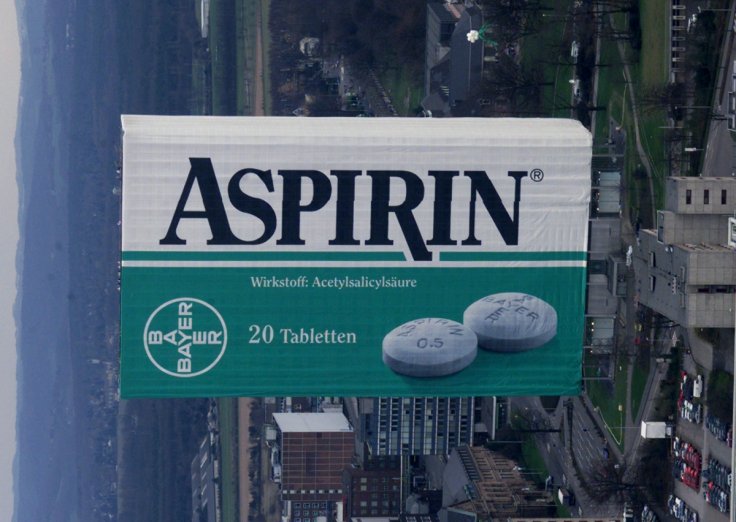
Aspirin, a nonsteroidal anti-inflammatory drug, may reduce the adverse impact of air pollution exposure on lungs, said a new study.
Research has shown that using any NSAID brought down the effect of Particulate Matter (PM) on lung function. The causal link was discovered to be consistent across four weekly air pollution measurements taken from the same day to 28 days before a lung function test.
The team of researchers from the Columbia Mailman School of Public Health, Harvard Chan School of Public Health, Boston University School of Medicine published their findings in the American Journal of Respiratory and Critical Care Medicine.
Examining data collected from 2,280 men from the greater Boston area, who underwent tests to determine the health of their lungs, the researchers determined that the average age of participants was 73 years. They examined the test results, self-reported NSAID use, ambient particulate matter (PM) and black carbon for the month before the test, also factoring the health status of every subject and his/her smoking habits.
The study confined itself mostly to consumers of NSAIDs and those who used aspirin. The researchers also explained that while the effects were found to be mostly from aspirin, the impact of non-aspirin NSAIDs also needed to be given attention. Even though the processes have not been studied fully, scientists speculate that NSAIDs may reduce inflammation that is wrought by air pollution.
Still, although environmental policies have taken some steps toward bringing down overall exposure to air pollution, "short-term spikes are still commonplace," said senior author Andrea Baccarelli, chair of the Department of Environmental Health Sciences at the Columbia Mailman School. Hence, it is important to increase the role of science in reducing the effects of air pollution on the lungs. Along with aspirin, scientists speculate that the effects of NSAIDS cannot be ruled out. However, they would require longer studies.
"Our findings suggest that aspirin and other NSAIDs may protect the lungs from short-term spikes in air pollution," said first and corresponding author Xu Gao, a post-doctoral research scientist in the Department of Environmental Health Sciences at the Columbia Mailman School. "Of course, it is still important to minimize our exposure to air pollution, which is linked to a host of adverse health effects, from cancer to cardiovascular disease."
Earliers, studies by Baccarelli revealed that even B vitamins can help in bringing down the effects of air pollution. The article was published in ATS Journals.
In fact, aspirin use was once supported for daily use of low dose to prevent heart attack and stroke in people at increased risk for cardiovascular disease (CVD) until 2018, when three major clinical trials cast doubt on its use, finding few benefits and consistent bleeding risks associated with daily aspirin use.
It led to changes in the guidelines of the American Heart Association and American College of Cardiology in 2019, recommending against the use of aspirin in people older than 70 years or people with increased bleeding risk.
Nearly half of adults 70 years and older without a history of heart disease or stroke who took aspirin daily developed peptic ulcer disease.









